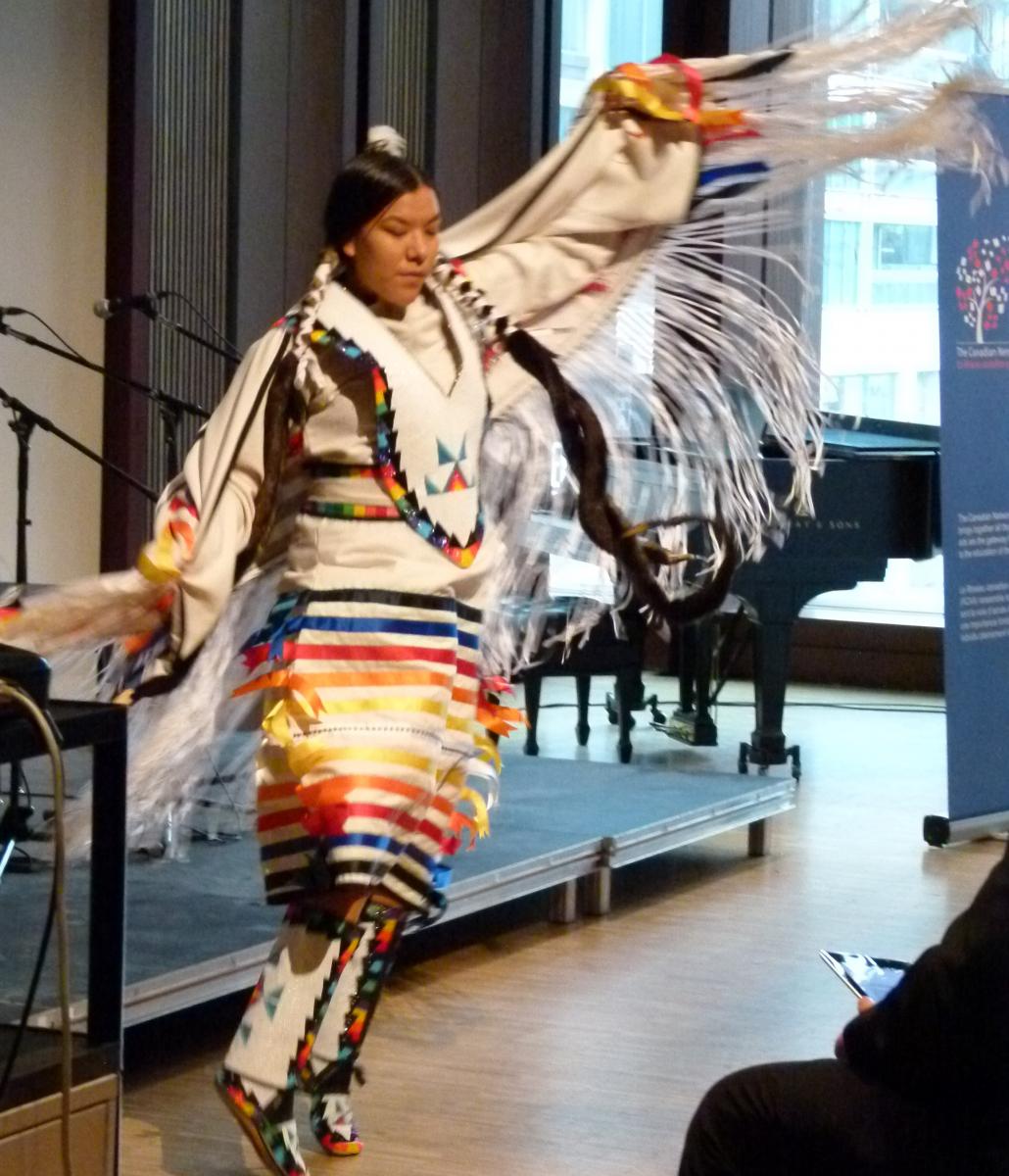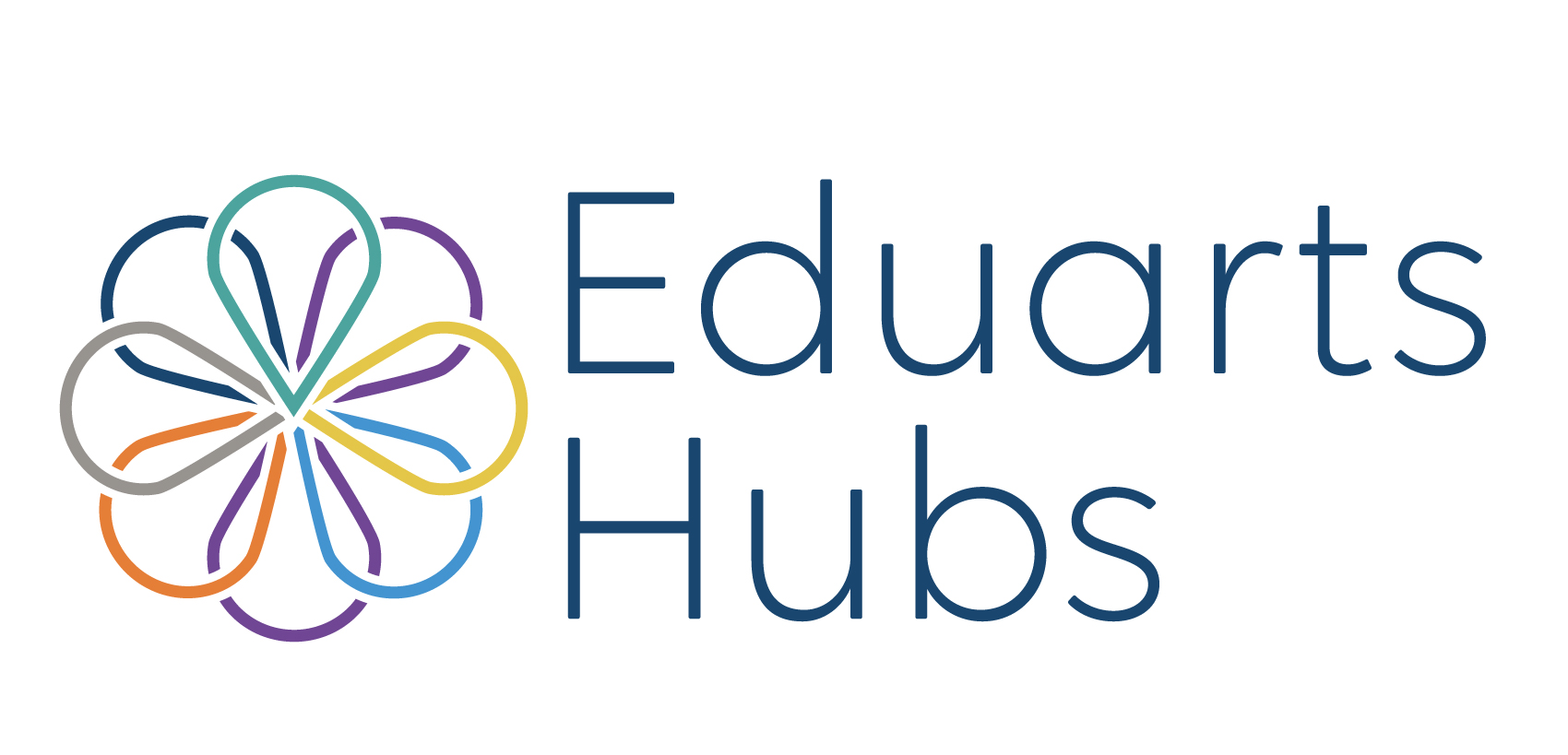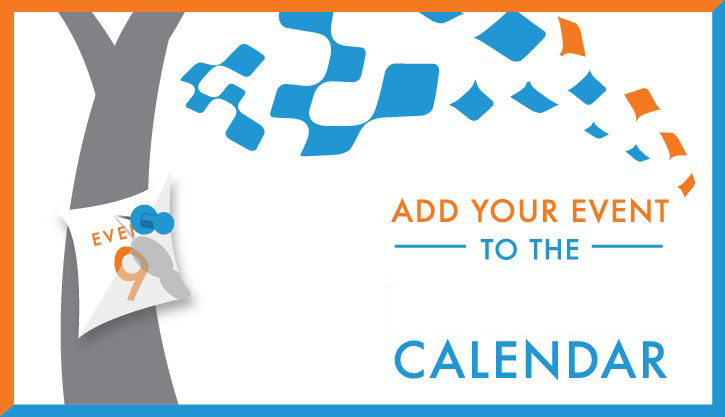
At the onset of COVID-19 last March, the Vancouver Symphony Orchestra’s School of Music was propelled into a space of online learning which fundamentally altered the way they delivered experiences to students and will continue to have a transformative effect from this point forward. Prior to the pandemic, their strategic goals already included aspects of digitization, however they were not yet fully prepared for the speed at which they would need to adapt.
Angela Elster, President & CEO of Vancouver Symphony Orchestra and the VSO School of Music, called attention to both organizations’ overarching goal throughout this entire ordeal: to “keep the music going. Music connects us during this time of isolation.” The VSO School of Music is Canada's only music school founded by an orchestra with the goal of creating a community space and educational facility to allow for continuous artistic development in meeting the VSO’s Mission ‘to create, curate and connect irresistible musical experiences.’ In response to the pandemic, The VSO created an online platform called concerthall.ca which consists of a virtual stage with continuous performance, as well as another section called ‘The Music Room.’ This virtual music room houses content created for the public school system and is filled with free and accessible tools for teachers and students.
According to Gillian Hunter Gibbs, Director of the VSO School of Music, the most important take-away from their pandemic experience was the importance of flexibility. The shutdown happened during spring break so they had a small amount of time to prepare, however things were moving at an incredibly fast pace. To make the transition to online learning as seamless as possible staff and faculty had to be open to developing new skills relatively quickly. The uncertainty of the situation called for changes in course lengths and teachers had to be creative in adjusting their programming. The importance of flexibility was truly exemplified when Gibbs was discussing the new roles that staff had to take on, she states: “we are tech support, we are programmers, we are now all of these things that the situation has required us to be but has also enabled us to be.”
The VSO School of Music had to be a lot more creative when it came to adopting a hybrid model of instruction to address both ensembles and private lessons, since indoor activity was limited. Their summer programs gave them the opportunity to experiment with different ways of teaching so they could get insight into what would work best for the upcoming school year. One of the ways they were able to compensate for the institution’s lack of outdoor space was by connecting with the Vancouver Parks Board to be able to offer classes in parks. This was an incredibly successful initiative which they implemented for their signature early childhood program. They also adopted a system of complex room allocations to be able to remain in compliance with COVID-19 measures and still allow for some indoor classes.
When it came to discoverability and marketing, it was essential for them to start communicating more intensely with various social media groups to make people aware of any resources and to showcase their successes with online learning. Louise Ironside, Director of Marketing & Communications at the VSO School of Music, indicated that the organization made themselves open and available to their students and members through increased communications, and openly shared their shortcomings and successes when it came to bridging all learning gaps brought about by the pandemic. She emphasized that catering to and caring for the community you serve will foster more support than spending a lot of money on online marketing.
Gibbs further outlined how this pandemic has fundamentally changed their approach to teaching and the ways they will continue to provide meaningful experiences for their students. There are new hybrid models of teaching that have the potential to become permanent. For example, during the summer they were able to retrofit their recital hall to allow for live streaming. Recitals would be recorded and available online so relatives from all over the world could tune in and watch. Another incredibly successful initiative which will be applied post-pandemic. They also established a virtual music birthday party program and published a plethora of online resources that proved to be incredibly valuable to their students and members, bringing an increase of traffic to their website.
This article is based on information shared during a panel discussion which took place on April 27th, presented by the Canadian Network for Arts and Learning and featuring the Vancouver Symphony Orchestra School of Music and Labrador Creative Arts Festival. The main goal of this session was to explore and discuss the challenges faced by these two very different arts organizations in attempting to keep students engaged, connected and still able to have meaningful experiences within a global pandemic.
By Lynn Medi




